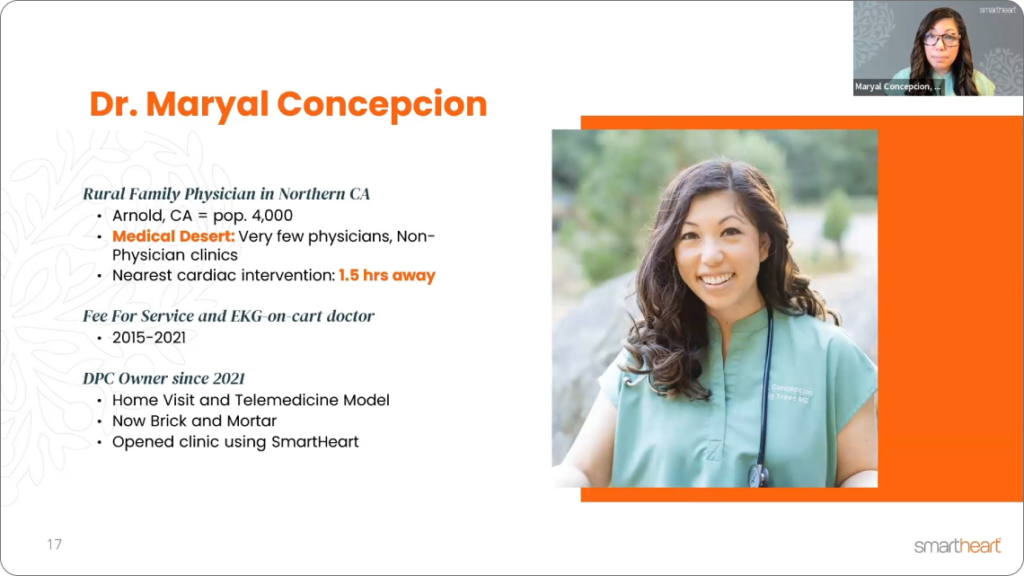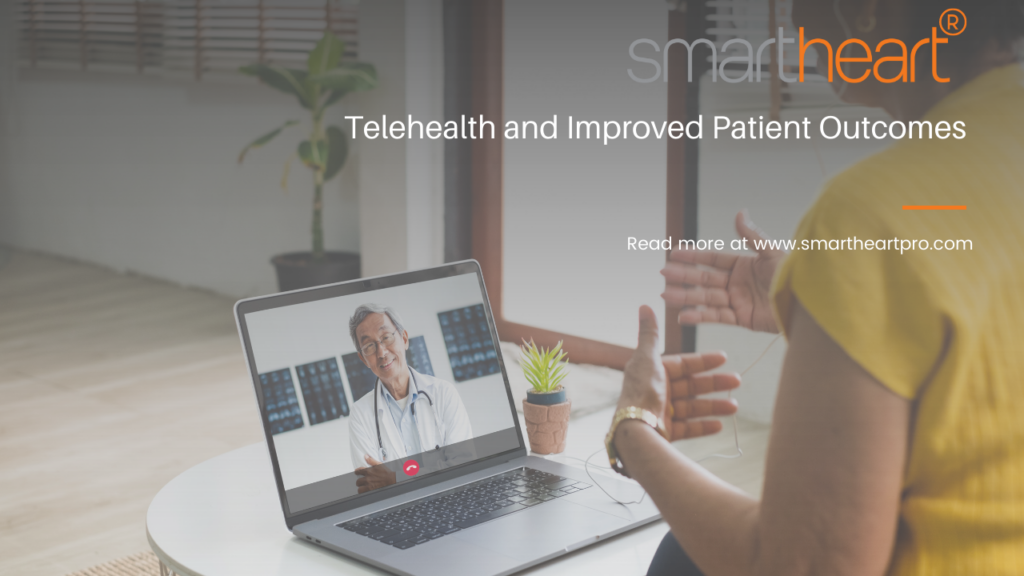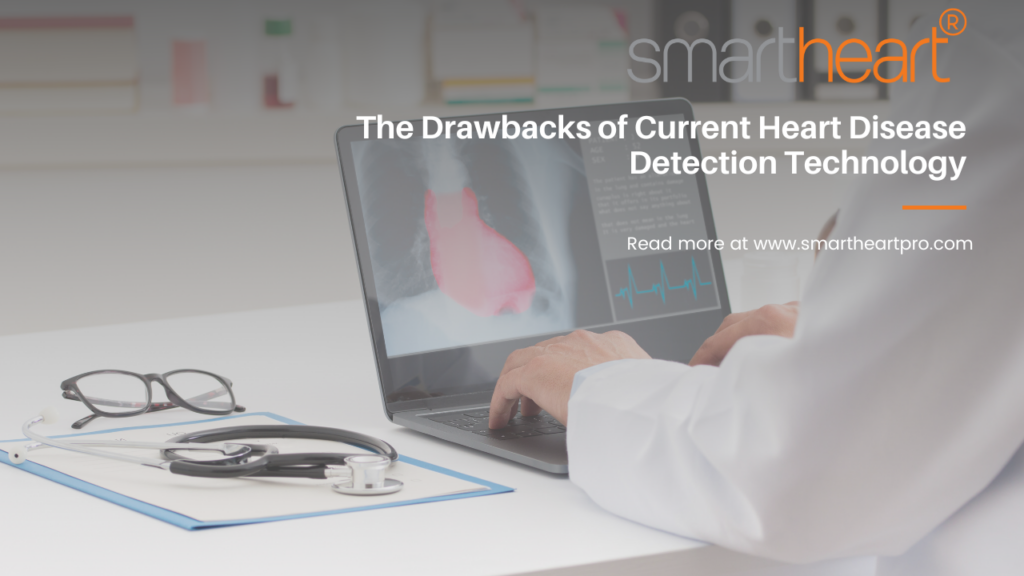How SmartHeart is Revolutionizing ECGs: A Webinar

Although ECGs are routine tests in cardiology, most devices are stuck in the 20th century. Administration requires training and experience. Correct lead placement demands erratic adhesives. And the machines themselves are expensive and cumbersome. Practice by practice, SmartHeart is revolutionizing how ECGs are conducted and how medical professionals receive expert interpretations. Through our portable, 12-lead […]
Telehealth and Improved Patient Outcomes

Telehealth and Improved Patient Outcomes Telehealth is rapidly changing the delivery of patient care. Patients now have the ability to access medical treatment remotely, connecting with healthcare providers through their phones or computers from the comfort of their own homes. The COVID 19 pandemic has led to a surge in the utilization of telehealth services, […]
What Is The Role Of EKG Testing In Primary Care

What Is The Role Of EKG Testing In Primary Care Electrocardiogram (ECG/EKG) tests play a critical role in assessing acute patient care following a heart event, or emergency medical procedure for cardiac patients. Primary care physicians may also identify the need to routinely monitor at-risk cardiac patients with EKG’s. Elective EKG testing in a primary […]
Reducing Cardiac Readmissions Without Sacrificing Quality of Care

The True Cost of Cardiac Readmissions Hospital readmissions are a leading concern in healthcare. Increased readmission rates implies a lower quality of care in many instances and reflects poorly on a healthcare facility when the readmission is not planned or expected. In addition to the implications on healthcare quality, readmissions place a financial burden […]
The Growing Need for Cardiac Readmission Reductions in Hospitals

Hospitals across the United States are in a constant battle to reduce readmission rates across the board. Medicare has punished 82% of hospitals for excessive readmission rates in its 10th annual round of penalties, cutting payments to nearly half in some cases and leveraging heavy fines to prevent future readmissions. These penalties have shown positive […]
The Drawbacks of Current Heart Disease Detection Technology

The United States is faced with an ever-increasing risk for cardiovascular diseases. The risk of heart attack is up more than 14% since 2020, and the risk of heart failure for the general population is expected to climb again by an alarming 33.4% by the year 2060. It is important now more than ever […]
Heart Attacks on the Rise for Women in the United States

In a recent survey from the American Medical Association (AMA), 85% of physician respondents indicated that they are currently using telehealth in their practices. 70% responded saying that their current organization plans to continue using telehealth in the future. From 2019 to 2020, the number of telehealth visits increased from 840,000 to 52.7 million. In 2022, telemedicine has become the norm for many providers and physicians across the various fields of healthcare.
The Benefits of Home Health Care for Cardiology

In a recent survey from the American Medical Association (AMA), 85% of physician respondents indicated that they are currently using telehealth in their practices. 70% responded saying that their current organization plans to continue using telehealth in the future. From 2019 to 2020, the number of telehealth visits increased from 840,000 to 52.7 million. In 2022, telemedicine has become the norm for many providers and physicians across the various fields of healthcare.
How Remote-Monitoring Using a 12-Lead ECG Reduces Readmissions & Costs

Patients with arrhythmia, irregular heartbeat, unexplained fainting, atrial fibrillations, and unexplained stroke can benefit greatly from remote monitoring under a doctor’s care. By offering remote-monitoring from the patient’s home, providers can better monitor patient conditions, reduce hospital readmissions, and reduce costs for both providers and patients.
The Importance of Early Heart Disease Detection

With more than 40% of middle-aged adults having coronary artery disease without knowing, early detection is essential in preventing patients from having a heart attack. Detecting possible heart problems early can prevent disease progression and improve patient outcomes in the long run. Tests such as electrocardiograms can identify early signs of cardiovascular disease in patients when it is most treatable. With over thirty different types of heart diseases, all complex, early detection and prevention is more important than ever.
